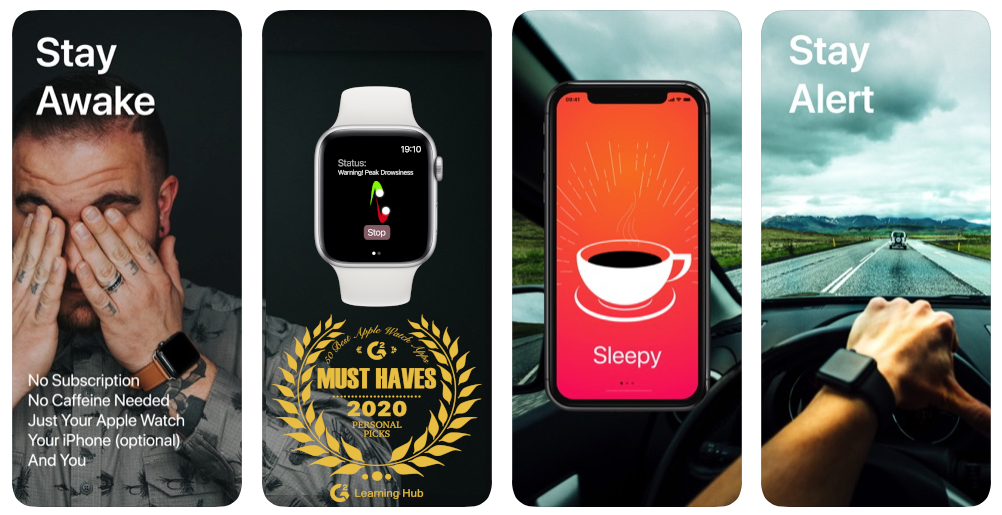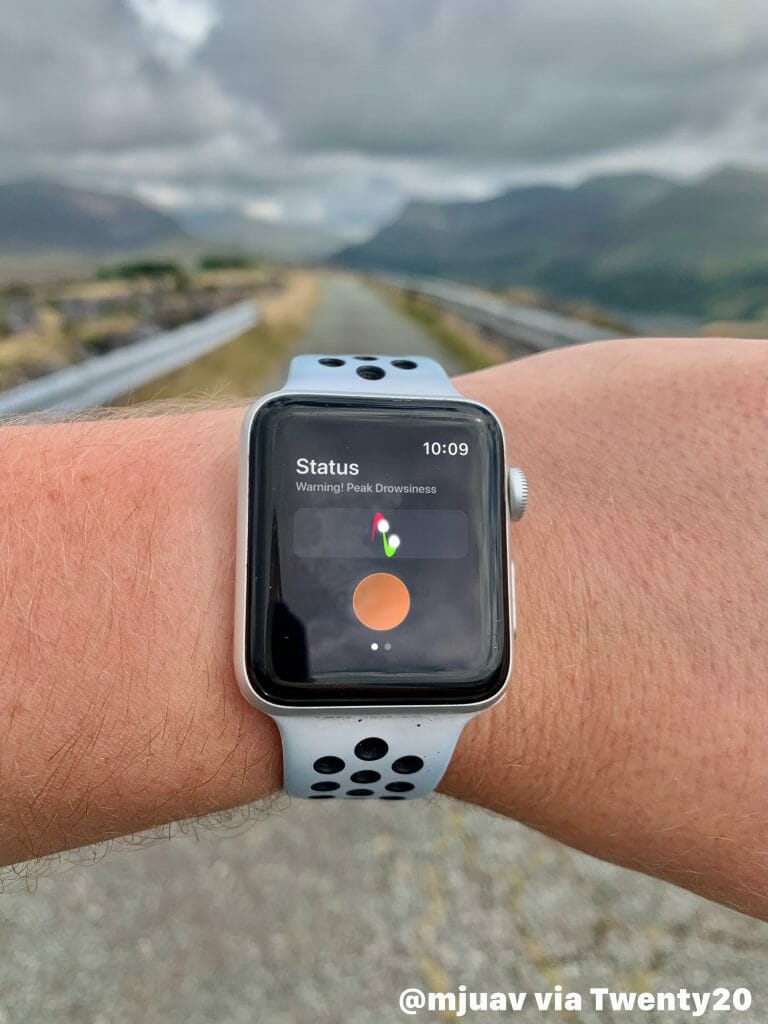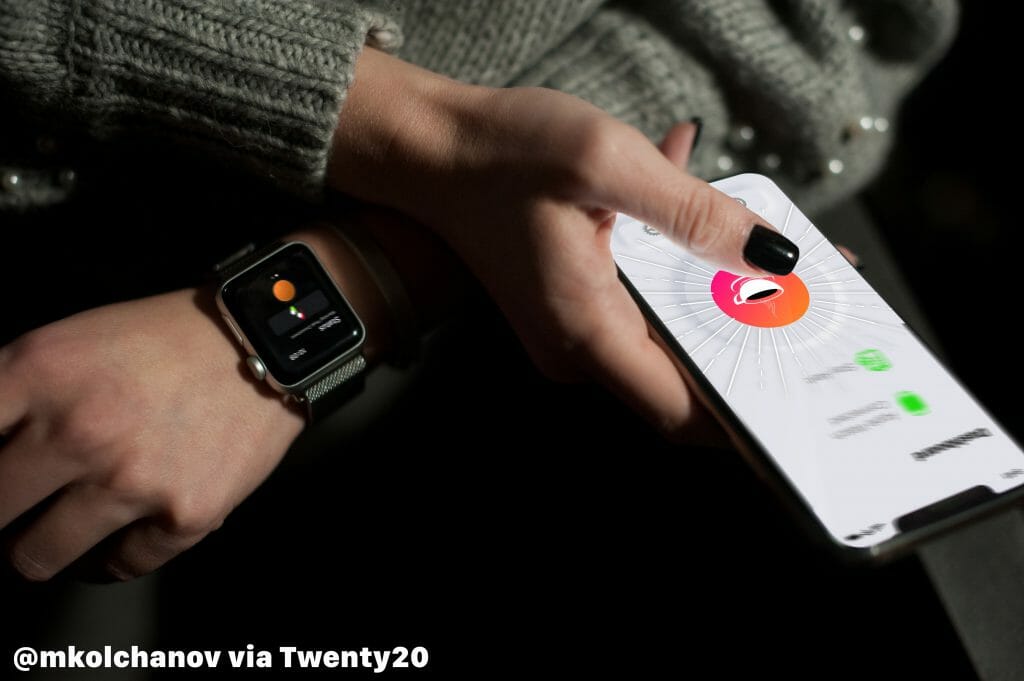Does Taking Regular Breaks Really Increase Productivity?
Working longer, appearing to be busy and not detaching from work robs us of our ability to work productively and robs us of our health.
Have a Break
Have some me time…
Over the years I’ve worked for many bosses that had the notion that if you weren’t tapping away on your keyboard or seen to be busy, then you were skiving or stealing company time. From what I remember this forced people to find things to be busy with that didn’t actually add any benefit to the companies, and people just took longer doing their work. Win win for everyone.
Things have got better, but not that much. During challenging economic times people become more aware of job insecurity and don’t want to be seen as the slacker. As a result not only are we working longer hours, but an increasing amount of people will tell on those who don’t appear to be pulling their weight.
But it’s not all doom and gloom. Some of us work in environments that judge you on your productivity or results rather than how long you were seen to be busy. My own anecdotal experiences from working in places were you are judged by your results based performance seemed to suggest that many people appeared to be content with their work, only putting in the extra time when really needed, and took much more breaks throughout the day, and generally in total spent more time actually working.
And there are a lot more research papers that come to a similar conclusion, in that those that took regular breaks were not only more productive but also more likely to be happier, healthier people.
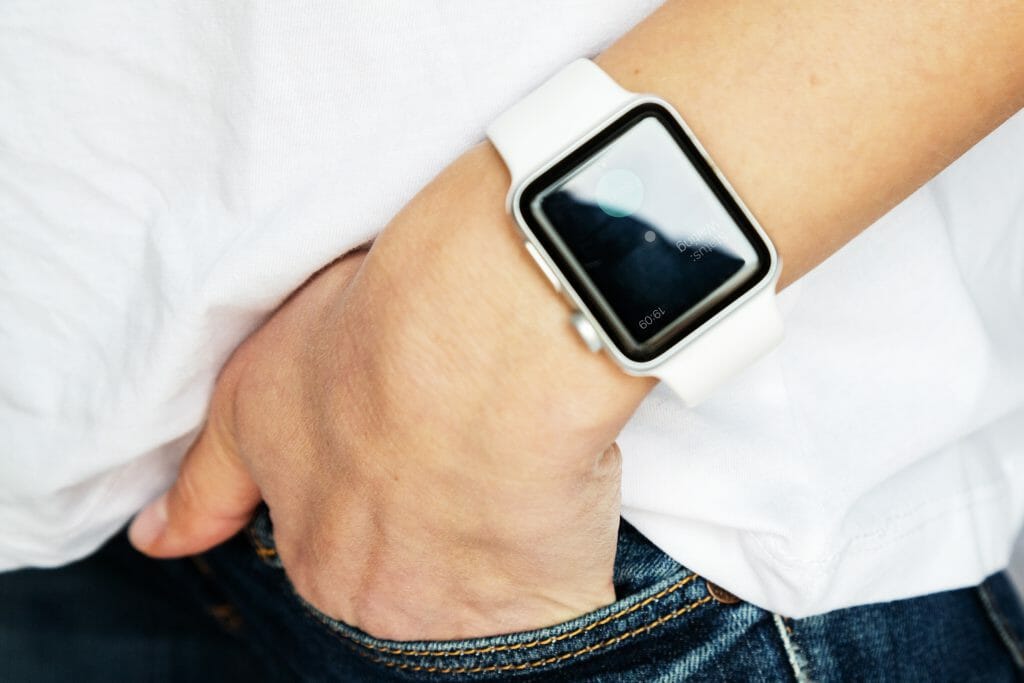
Work Loads
When stopping to think about an issue or just to stare out the window it wasn’t uncommon to hear someone quip “Idle hands…” or “If you ain’t got enough to do, you can help me with this”, as if a 30 second decrease in visible activity would somehow unbalance the workplace.
And there’s the problem. It is difficult to quantify how productive someone is just by watching what they do. Everybody has different work styles, but a few things are common amongst most. One being that stress reduces peoples’ productivity and the quality of their work.
Another is that if people don’t feel secure in their position, they may resort to busy work that doesn’t really add any benefit to the business, but makes them look as if they are being productive. Some bosses have realised this and give their workers a lot to do so that they don’t have time to think about what they’re doing and so keep busy with boss sanctioned busyness.
Bosses aren’t the only ones to blame either. Some of us employees (myself included), have trouble organising and scheduling their workloads to what they can manage and as a result put themselves under unnecessary pressure, and without realising it, miss opportunities to take breaks throughout the day.
A Drag on Productivity
However, in case work demands are too high, employees tend to detach less from their work during off-job time and engage less in physical recovery activities. Health care managers should be aware that allocating too many work demands on their employees may be negative for their recovery and health. This may also have a destructive effect on their work performance and the quality of care.
DE JONGE, J. (2019). What makes a good work break? Off-job and on-job recovery as predictors of employee health. Industrial Health,58(2),142-152.
It’s not surprising that so many people are unknowingly exposing themselves to health risks as work demands increase, making it difficult for people to take a break (and some to actively skip breaks) in order to keep up to speed and not feel like a burden to their colleagues.
As this mode of working is increasingly becoming the norm, people are finding it difficult to switch off and relax after a long day.
One of the recovery problems is highly intuitive for many workers: difficulties to mentally disconnect from work. For instance, you may play with your children on the playground in the afternoon, talk with your partner about plans for the next weekend, or you may try to fall asleep after going to bed – but there is something in your mind that distracts you from these activities or impairs your ability to listen carefully: /thoughts about your work/. This experience of mental connectedness to one’s work through work-related thoughts during recovery periods has been described in the literature on stress and recover as low psychological detachment, work-related rumination, problem-solving pondering, and work reflection.
Wendsche J, de Bloom J, Syrek C, Vahle-Hinz T. Always on, never done? How the mind recovers after a stressful workday? German Journal of Human Resource Management. 2021;35(2):117-151. doi:10.1177/23970022211004598
By being always on for prolonged periods we increase the risk of adversely affecting our health in the short, medium and long term. Stress has been linked to:
- Fear
- Tension
- Anxiety
- An increase in cortisol
- Sleep disturbance
- Headache
- Fatigue
- A decrease in the effectiveness of our immune system
- Increased blood pressure
- Cardiovascular disease
- Diabetes
- Clinical depression
And of course, the quality of our work as well as our productivity levels will also decrease. Working longer, appearing to be busy and not detaching from work robs us of our ability to work productively and robs us of our health.
Break Away
The Booster Break program was designed to interrupt prolonged sitting at the workplace. In a group context, interrupting prolonged sitting can be fun and enjoyable. Our previous research on the physical activity Booster Break showed that during a 6-month period, participants lost an average of 14 pounds (8% weight loss) and significantly increased their plasma high-density lipoprotein level from 50 to 57 (≥60 is optimal) . Both of these changes substantially reduce one’s risk of cardiovascular disease and premature mortality and can counteract the effects of the sedentary nature of work life. The Booster Break experience can be a catalyst for adopting a healthier lifestyle.
Wendell C. Taylor, Kathryn E. King, Ross Shegog, Raheem J. Paxton, Gina L. Evans-Hudnall, David M. Rempel, Vincent Chen, Antronette K. Yancey, Booster Breaks in the workplace: participants’ perspectives on health-promoting work breaks, Health Education Research, Volume 28, Issue 3, June 2013, Pages 414–425, https://doi.org/10.1093/her/cyt001
Although not the be all of work stress and productivity, taking regular breaks at work can help mitigate a lot of the stressors that we experience through the day and can work as a useful starting point for learning how to detach from work so that we can enjoy our free times better.
Micro Breaks
Whether you realise it or not, we all take micro breaks from time to time throughout the day. Whether it’s checking our smart phones, browsing to a non work related website, or simply just staring out the window, there are times throughout the day where we unconsciously step away from our work tasks and take a few seconds break to recover. This is normal as it would be almost impossible to focus completely on work alone throughout the day. When reading up on this topic for this article I found a term that sums up what a lot of people feel when they look at something other than work whilst at work, ’Screen Guilt’. It’s a good term but a bad thing to feel. Guilt tends to lead people to either over compensate for a perceived wrongdoing or just give up and not bother. Neither are good, so rather than feel guilt, learn to accept that you can only focus on one thing for a limited time, so when you find yourself doing something else without realising, know that you should have taken a break to help yourself recover.
Scheduling
A lot of time is wasted thinking about what you are going to do rather than getting on with it. Not that I’m saying just jump in and do something, but rather plan your day, week, month or year ahead of time and allocate time slots to get the work done. Although it doesn’t work for everyone in every situation, using processes like Kanban, Scrum or the Pomodoro Technique help to keep you on target to get things done without burning yourself out. I set 25-30 minute blocks to get work done. Once a time block is done, I take a 5-10 minute break away from my machine and either go for a walk, make a personal call, or crack jokes with colleagues (if they’re free of course) before getting back to my next block. Everyone is different and it can take a little while to get used to, but once you get used to it, it helps.
End of Play
After work’s done, go for a walk, or have something non work related to do before you head home. By doing this you give yourself a chance to unwind before you see you friends / family / partner. When I wasn’t working from home I’d walk to the train station rather than take a bus, or if I drove in I’d park further away than usual so that I’d have time to let my thoughts go wherever they wanted which helped me leave work at work. When working at home, I have a routine of closing the lid of my laptop (which would send it to sleep), get up from my desk and then either stare out the window or jig about a bit, and on the odd occasion go for a walk.
Review
Does taking regular breaks really increase productivity? I would have to say yes and as a bonus side effect, by taking regular breaks whilst at work you help decrease the risk of suffering from stress and stress related diseases making you feel more relaxed whilst working, which in turn helps with your productivity and self esteem.
“Improved focus at work. Improved relationships with co-workers. Helped me to fit some physical activity into a busy day. Motivated me to start thinking about my health more. I really enjoyed them – gave me a chance to get away from the desk, de-stress, and enjoy my co-workers. We even had a lot of laughs which was good for morale!”
Wendell C. Taylor, Kathryn E. King, Ross Shegog, Raheem J. Paxton, Gina L. Evans-Hudnall, David M. Rempel, Vincent Chen, Antronette K. Yancey, Booster Breaks in the workplace: participants’ perspectives on health-promoting work breaks, Health Education Research, Volume 28, Issue 3, June 2013, Pages 414–425, https://doi.org/10.1093/her/cyt001
Afterword
The paradox of work stress in America is this: What we value most is inherently stressful. If we understand what we value and how it contributes to work stress, we can begin to create strategies and interventions that are culturally sound and effective, and we will be better able to interpret the findings of our scientific literature. Efforts that work against the cultural values will fail to reduce work stress, whereas efforts that work in concert with our cultural values will succeed.
Peterson, M., & Wilson, J. (2004). Work Stress in America. /International Journal of Stress Management,/ /11(2),/ 91-113.
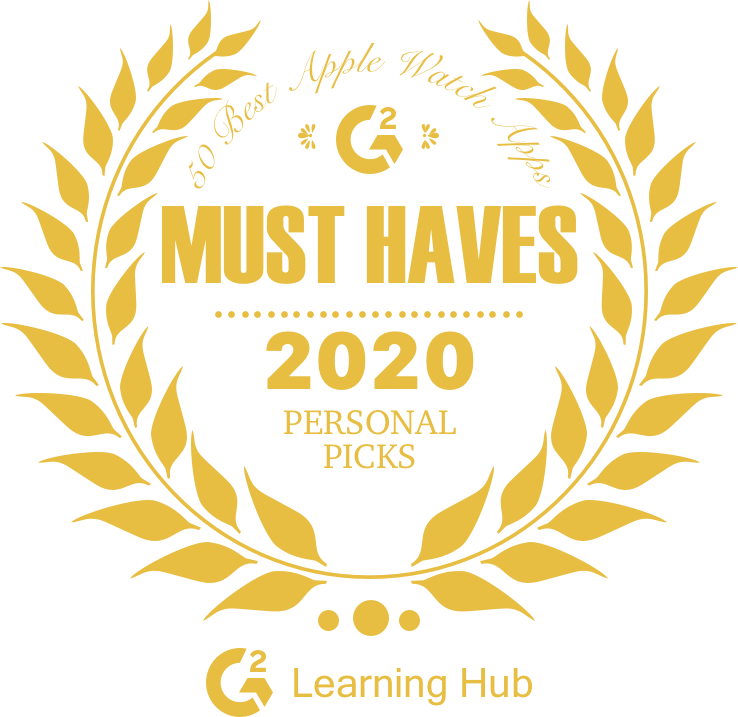
Now available on the App Store, download it now!
